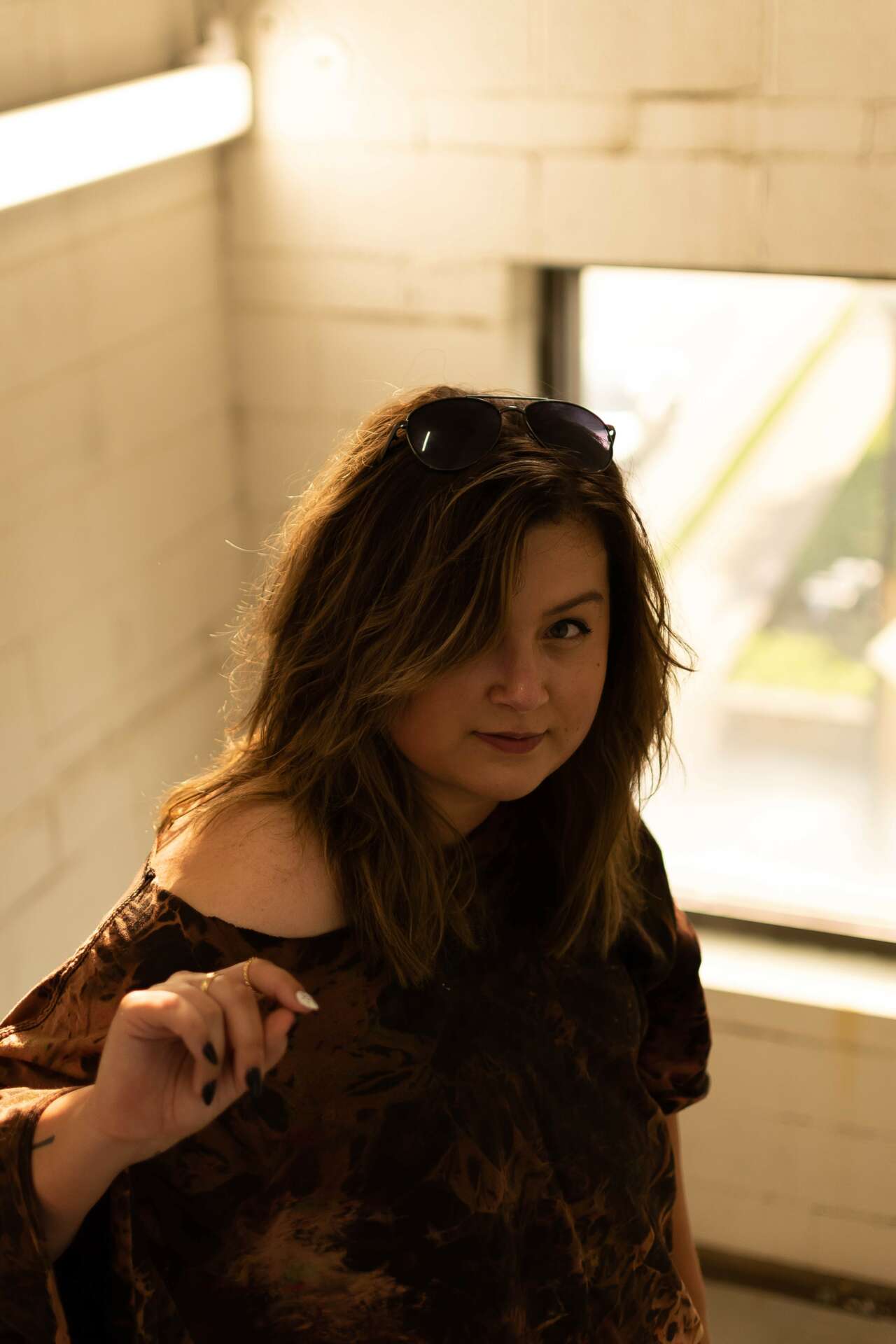We caught up with the brilliant and insightful Rikki Poynter a few weeks ago and have shared our conversation below.
Rikki, thanks for joining us, excited to have you contributing your stories and insights. Going back to the beginning – how did you come up with the idea in the first place?
Doing YouTube and starting self employment was really out of necessity. Society wasn’t looking to hire me as a deaf person, even when I applied for the simplest of jobs. Like the typical jobs that people out of high school or in high school would apply for. So four years of dealing with discrimination and only ever having one interview that didn’t make it to the second one, YouTube seemed to be my only real option. And then that expanded to writing, public speaking, and accessibility consulting as my YouTube channel stats decline (that, and I wasn’t interested in doing solely YouTube forever especially as it didn’t make me much money to begin with- only $100~ a month).
(And now dealing with chronic pain and fatigue on top of that, that makes having a “regular” job even more difficult.)
But aside from that, the Internet and really everywhere needed to work more to become more accessible and that’s what has been happening in the last decade.
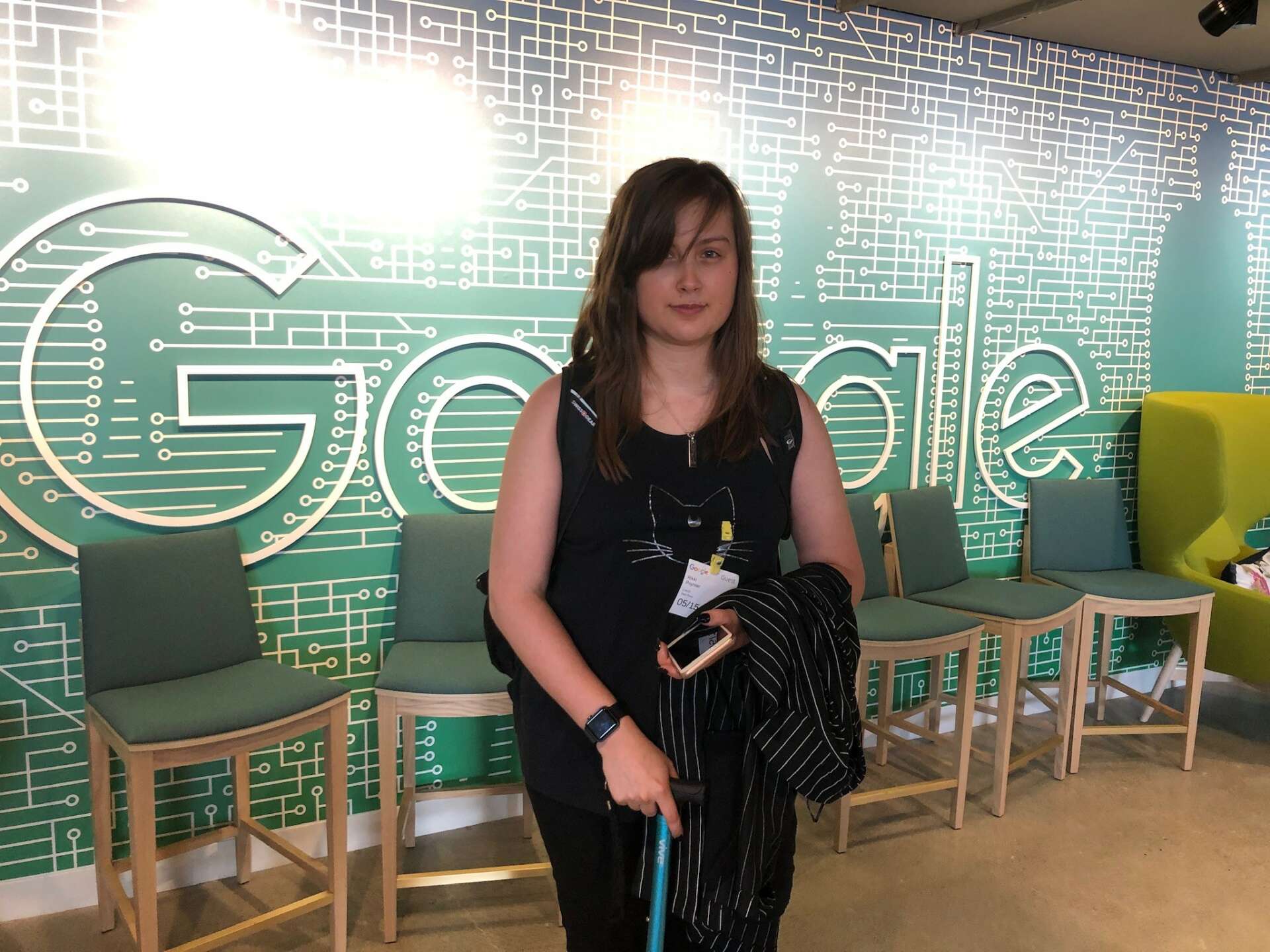
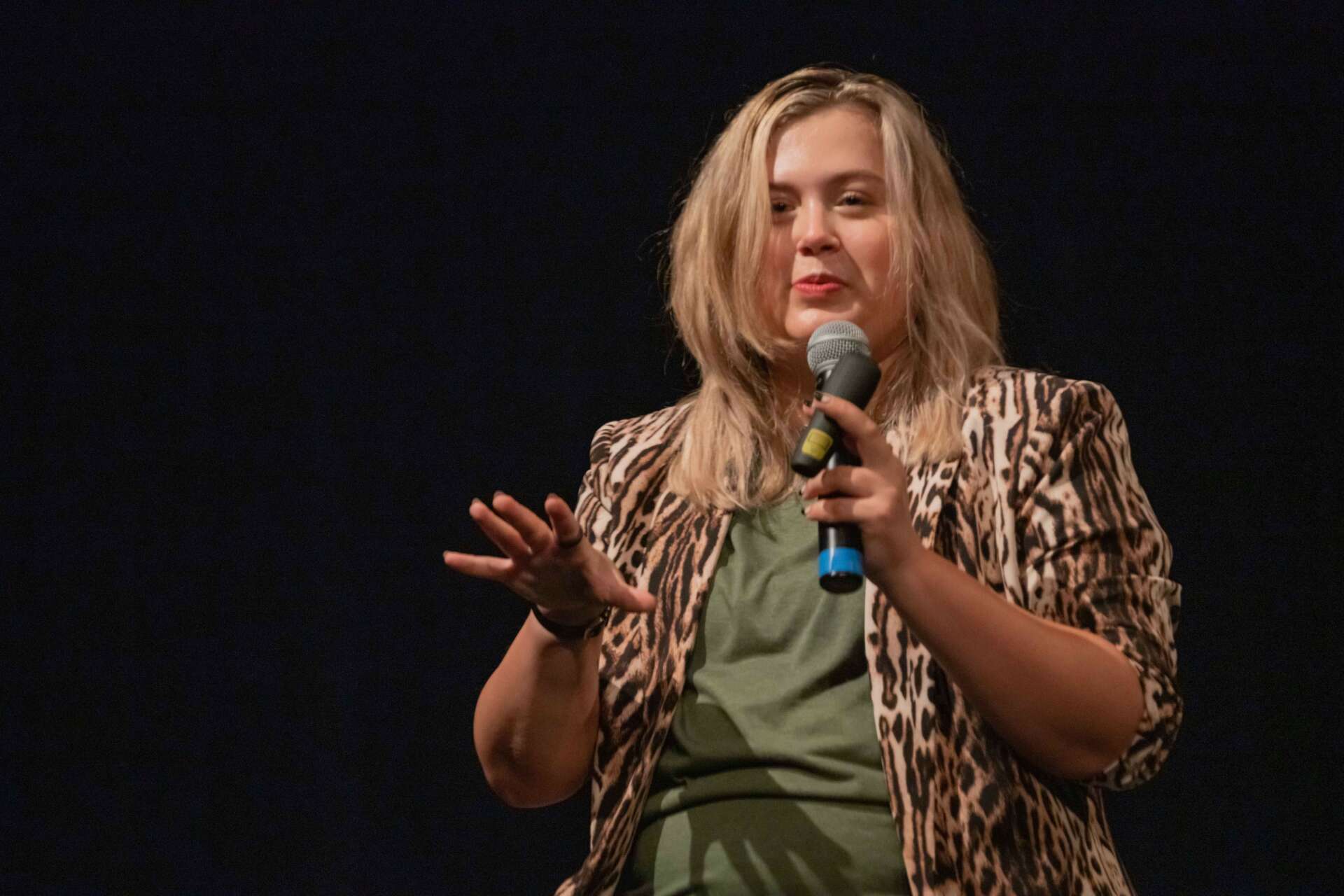
Rikki, love having you share your insights with us. Before we ask you more questions, maybe you can take a moment to introduce yourself to our readers who might have missed our earlier conversations?
I’m a content creator (primarily YouTube, Instagram, and TikTok), writer (nonfiction, fiction, journalism, screenwriting), public speaker, and accessibility consultant.
My videos, articles, and public speaking work are mostly about disability and accessibility awareness. Anything from my deaf identity journey to actual accessibility awareness. So workshops and the like about how to make online content and physical establishments more accessible (captions, interpreters, etc). The screenwriting and non-journalism writing is more fiction based.
Accessibility consultations have been a variety of things: sensitivity reading, workshop creating, looking over the design of apps, etc.
I’ve worked with a variety of brands/companies including Apple and Google. Those were definitely my favorite collaborations.
Can you open up about how you funded your business?
For the most part, I live paycheck to paycheck and it’s not enough to live on. On a regular basis, I’m barely making a grand monthly before taxes. Most of my regular income comes from Patreon and thus far, it’s only been enough to cover my car payment.
Because it’s working from my room, I didn’t have to put in a whole lot of savings at once like businesses with their own separate spaces do. I just have to take it check by check, whether it’s from my regular income or a rare decent gig, and go from there. So one check may go toward a camera, or a new computer, or a work trip. It’s all a case by case or check by check basis.
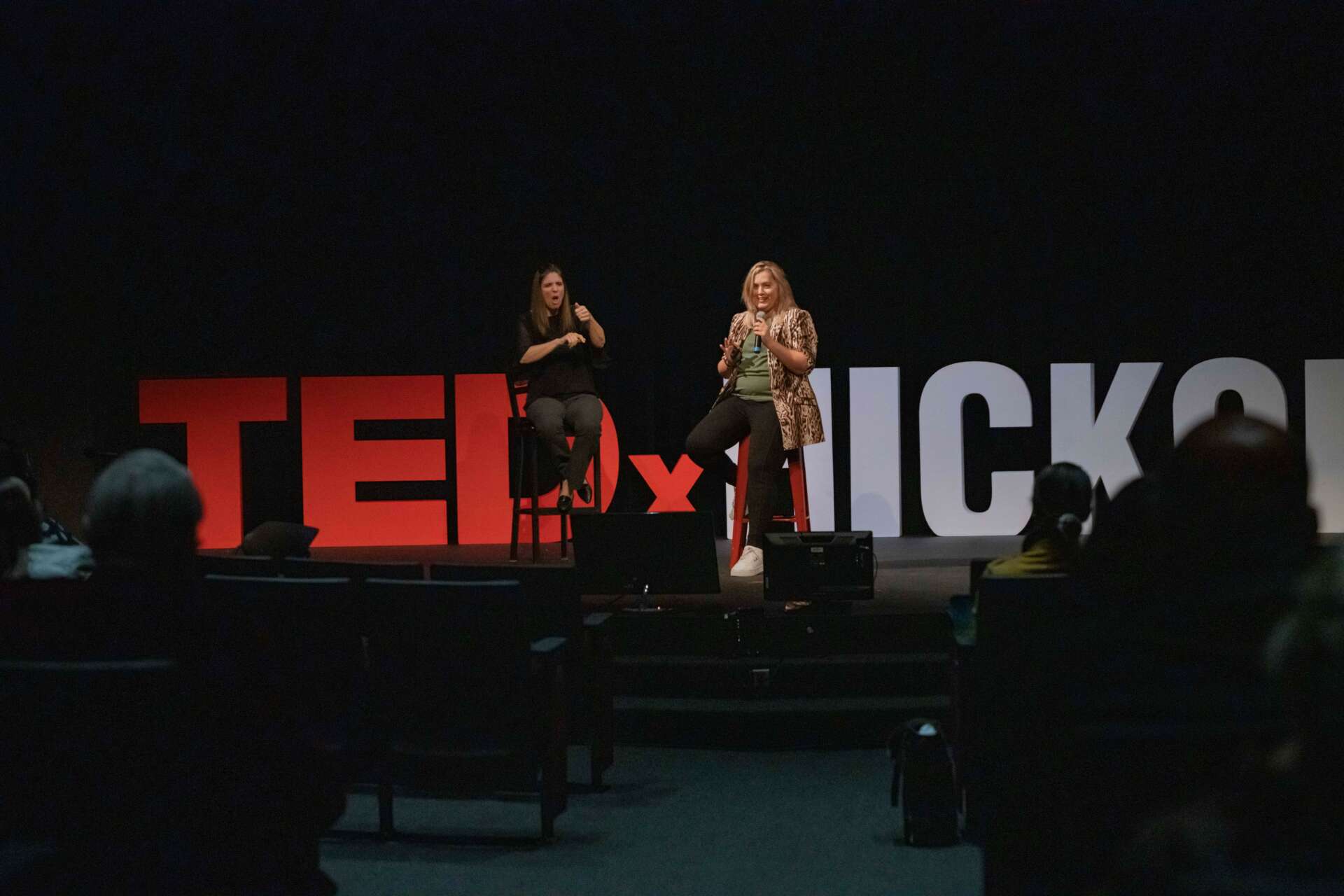
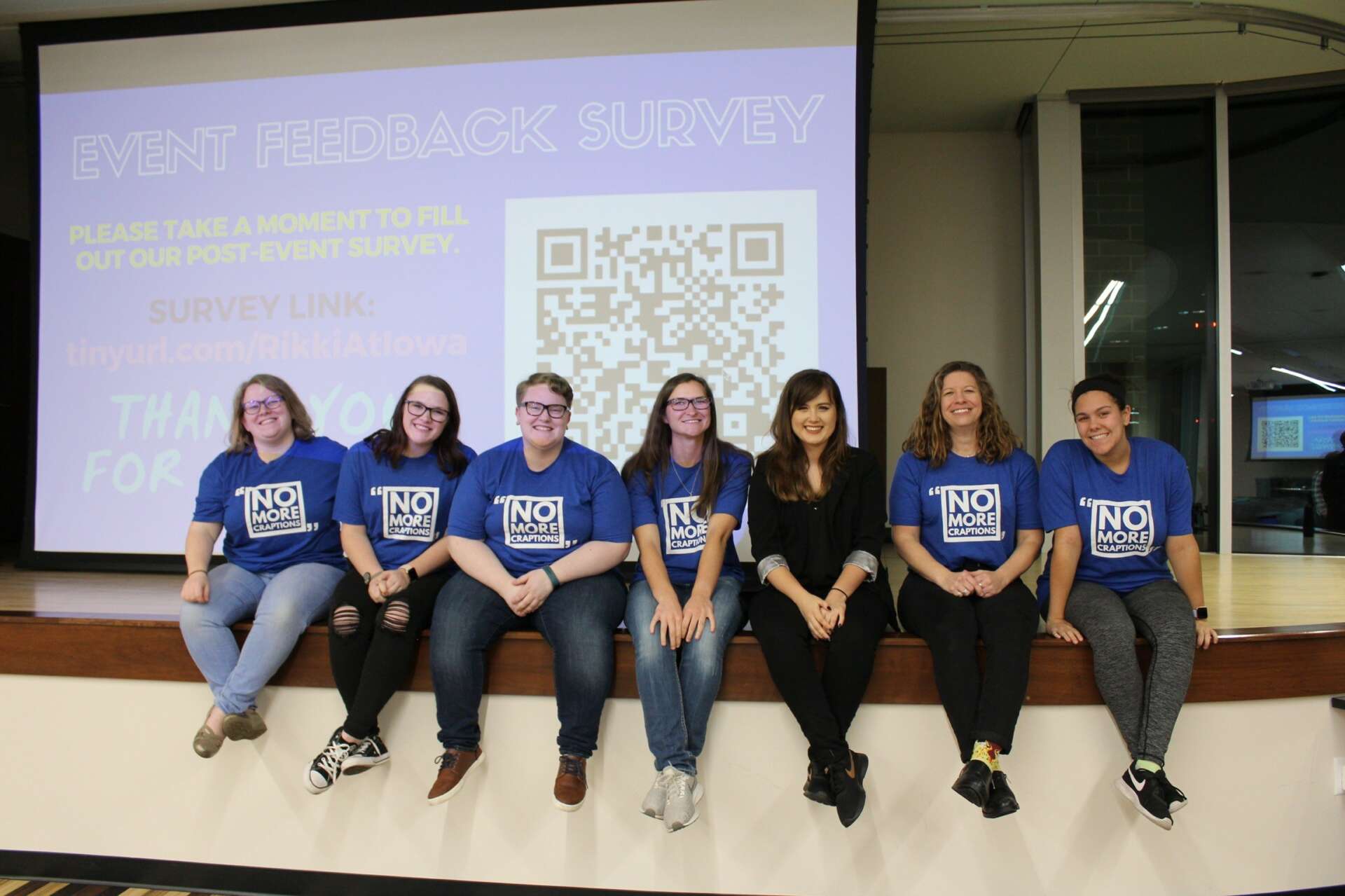
Do you think there is something that non-creatives might struggle to understand about your journey as a creative? Maybe you can shed some light?
I’ve seen one specific comment for years that has always frustrated me: that content creating is so easy and it’s not a real job. Well, tell that to the IRS because why are we paying taxes then? Ha! But really- content creating and working for yourself isn’t as simple as just pointing a camera and then uploading. I mean, way back when, it really was that simple. But now it’s more complex. Some people may be that simple today, but that’s not really how it goes. Content, whether video or written, whatever, takes time to plan. Then you have to create it. Then edit it. Upload it. Then there’s the SEO part and dealing with the algorithm that’s so frustrating.
Trying to get new clients for a niche business is also difficult…
… but even more so if the person is disabled. I’ve seen people skip the disabled own business and go for someone who is hearing or able-bodied because they don’t trust the disabled own business enough even though this is our life. Or they don’t think we’re worth the cost, which may be higher than an abled owned business but our expenses are usually more. Being disabled tends to be more costly.
Contact Info:
- Website: http://rikkipoynter.com
- Instagram: http://instagram.com/rikkipoynter
- Linkedin: https://www.linkedin.com/in/rikkipoynter-1b94171ba/
- Twitter: http://twitter.com/rikkipoynter
- Youtube: http://youtube.com/user/rikkipoynter
Image Credits
Robert Sullivan James Rath


